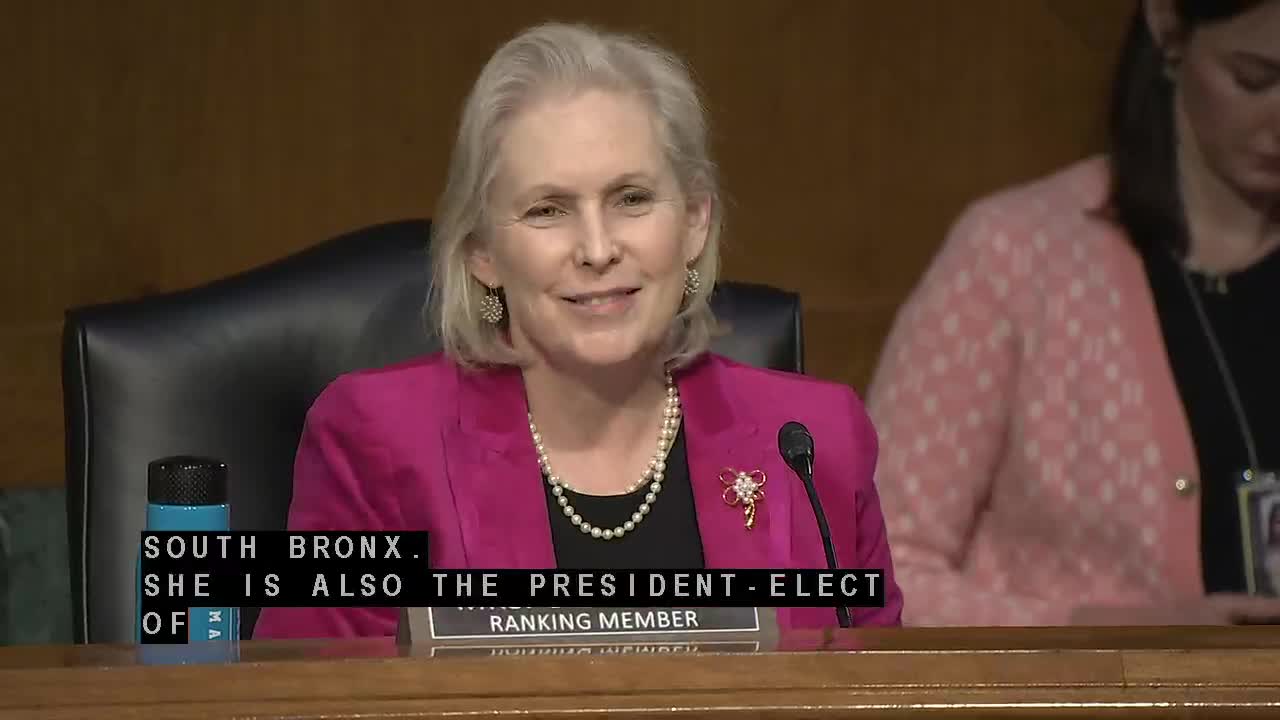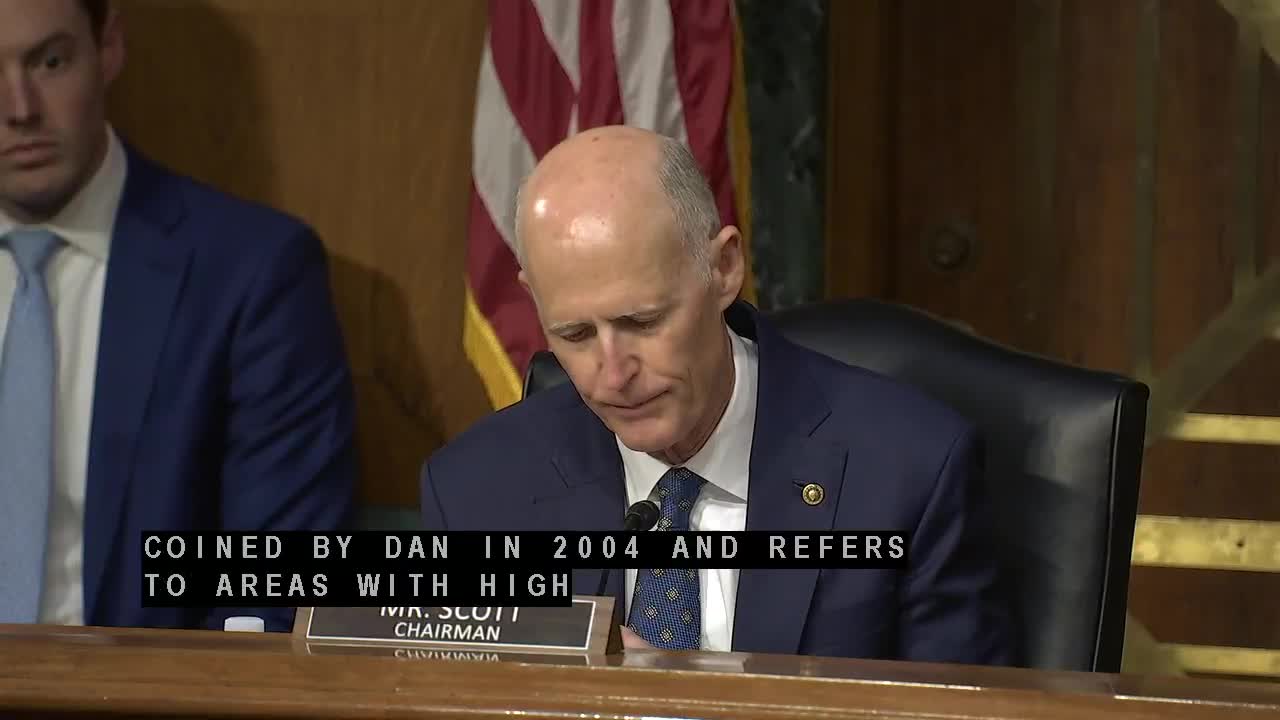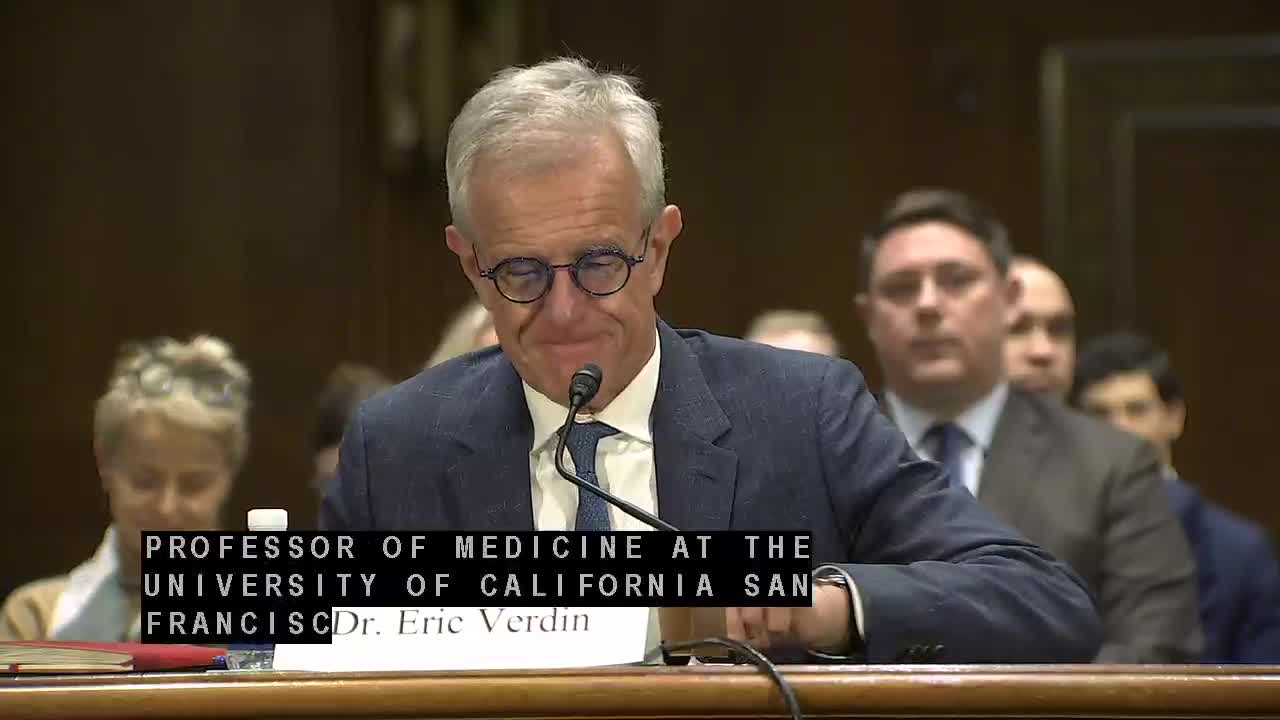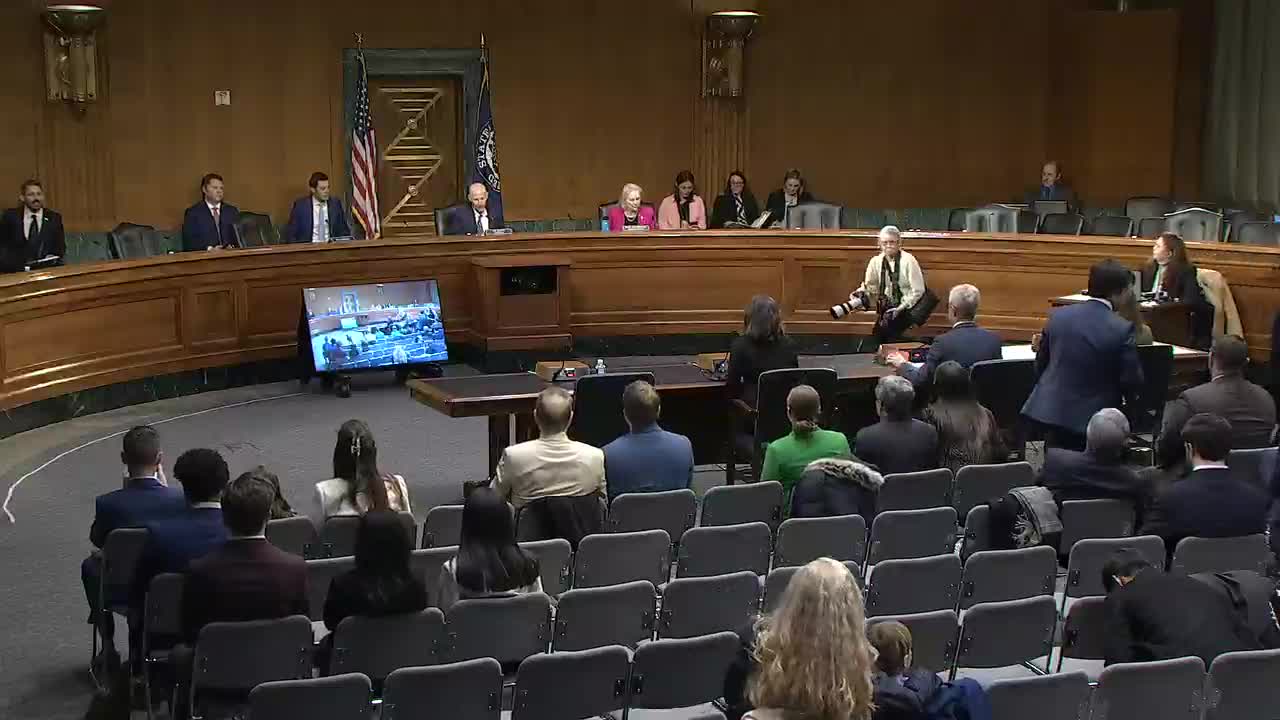Article not found
This article is no longer available. But don't worry—we've gathered other articles that discuss the same topic.

Family Physician Urges Long-Term Funding for Community Health Centers, Pilot Medicare Meals and SNAP Access for Older Adults

Blue Zones Founder Tells Senate Cities Can Cut Health Costs by Redesigning Streets, Food Environments

Witnesses Urge Congress to Boost Aging Research, Develop FDA Pathways and Expand Biomarker Trials

